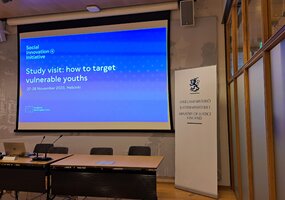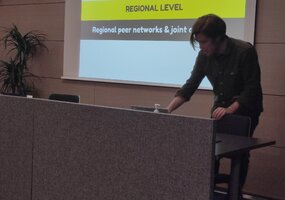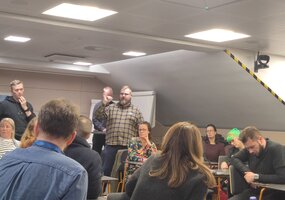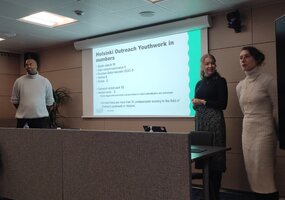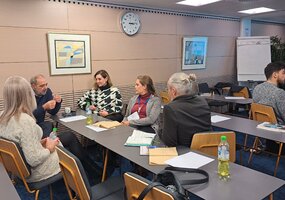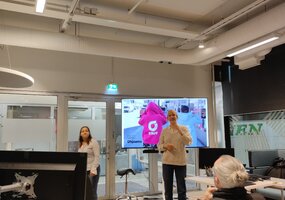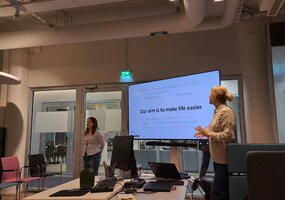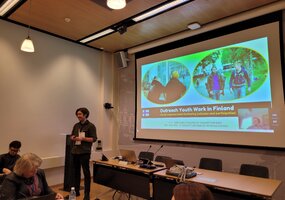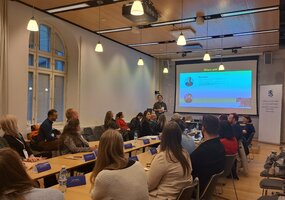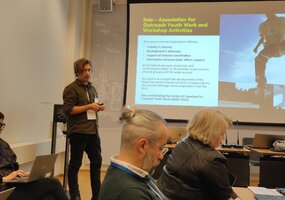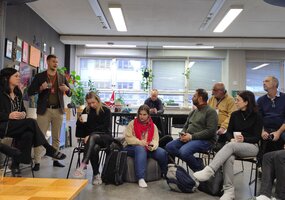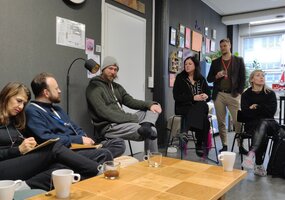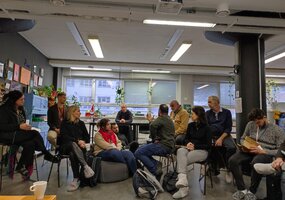Enhancing Outreach Youth Work in Europe: Insights from the Helsinki Study Visit
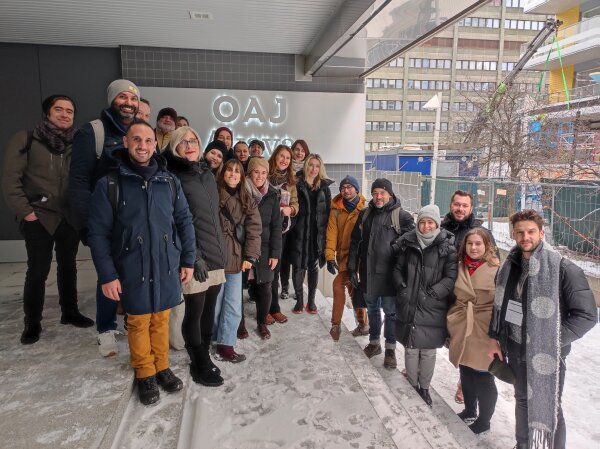
On 27-28 November 2023, in a groundbreaking initiative, representatives from 15 European Union countries gathered in Helsinki, Finland for a study visit focused on Outreach Youth Work (OYW).
The study visit brought together experts, practitioners, and policymakers committed to making a positive impact on Outreach Youth Work. In today's diverse and dynamic societies, OYW stands as a crucial avenue for addressing the multifaceted challenges faced by young people across Europe.
The study visit served as an excellent practice in helping Member States identify common challenges and brainstorm solutions on how ESF+ funding could be used to pilot similar outreach work in their countries.
The Finnish colleagues exhibited exemplary commitment, going above and beyond in their efforts to plan and organise the study visit. Their attention to detail, professionalism, and dedication to OYW surpassed expectations. Every aspect of the visit reflected their commitment to excellence, leaving a lasting impression on all participants.
Beyond our Finnish colleagues' exceptional organisation of the study visit, participants were delighted to meet with representatives from the Ministry of Education and Culture, regional authorities, and more than 15 outreach youth workers/social workers. Participants gained a more comprehensive understanding of the complexity of factors influencing Outreach Youth Work and explored state aims and regional objectives.
This was followed by visits to the Sovinto Community Centre (Youth Workshops) and the Ohjaamo centres, launched with funding from the European Social Fund.
Dedicated outreach youth workers shared their experiences, showcasing their vital role in building trust, providing support, and the significance of cooperation and coordination among various OYW organisations.
The study visit fostered an environment of open and inclusive discussions. Participants delved into the essential components of Finland's OYW, examining its goals, methodologies, stakeholders, outcomes, funding, and support for networking initiatives. Overall, it was useful for developing experience, cooperation, knowledge and identifying the most essential points that could be improved in the future to achieve the ESF+ objectives.


